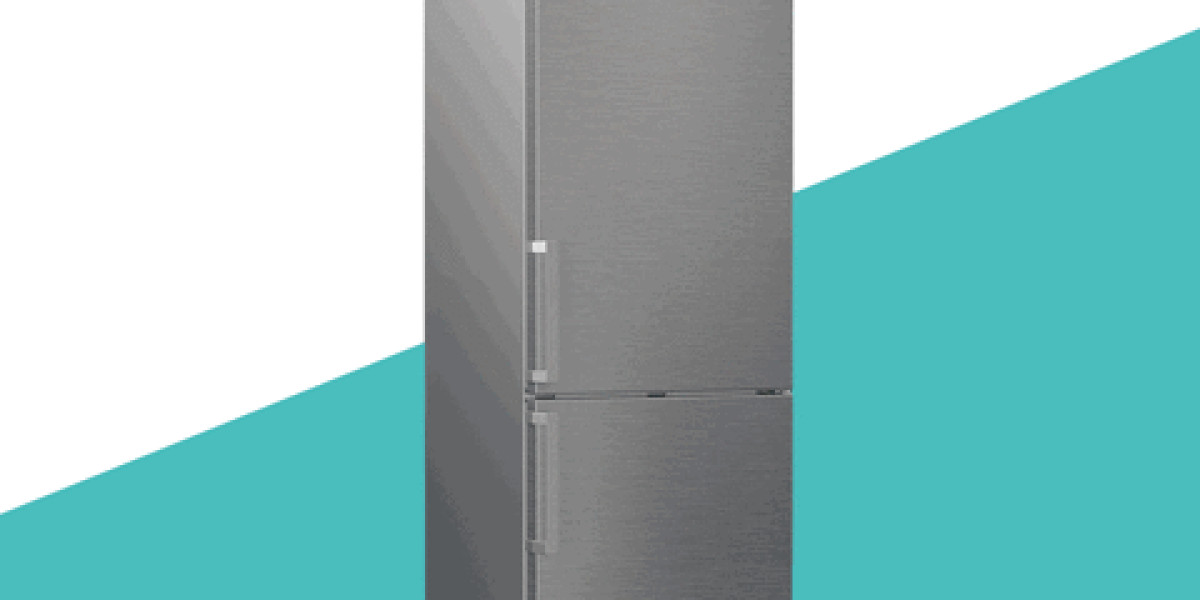There’s a moment every student knows too well—the deadline’s close, the document is still blank, and the temptation to just “get it done” overrides the need to do it right. Coursework doesn’t feel urgent until it is. But the truth is, treating it like a side task can cost you more than you realize.
Coursework isn’t just about passing. It’s a major part of your academic story. How you approach it—whether you give it real thought or just rush through—can seriously shape your final grades and, in many cases, the opportunities that follow.
Let’s break down why quality coursework holds more weight than most students give it credit for.
Coursework Holds More Weight Than You Think
While exams often steal the spotlight, coursework quietly accounts for a significant chunk of your final grade. Depending on the subject, some university modules place up to 60%—or more—of the final mark on essays, reports, and research assignments.
What sets coursework apart is that it reflects how well you’ve actually understood the material over time. Exams test memory and speed. Coursework tests thinking, structure, research, and your ability to apply what you've learned in a meaningful way. That’s why tutors often say: if you want to prove you really “get it,” show it in your coursework.
And here's the thing—universities don’t just look at your grades as numbers. They look at patterns. Consistently weak coursework suggests a lack of effort, poor time management, or worse—plagiarism. On the flip side, strong coursework can push a borderline grade higher, especially when exams don’t go as planned.
The Difference Between a Pass and a First
Quality doesn’t mean perfection. It means care. A well-written piece of coursework has clear structure, relevant examples, sound references, and a point of view. It doesn’t just echo what was said in class—it builds on it.
Think about two students writing the same assignment. One copies bits from slides and throws in a few rushed citations. The other takes the time to research, plans out their ideas, and writes with clarity. Even if both get the facts right, only one shows real engagement. That’s what markers notice.
You don’t need to be a top writer to produce strong coursework. But you do need to approach it with the mindset that it matters. Because it really does.
Where Students Go Wrong
One of the most common issues students face is not knowing what the task is actually asking. Assignments are often misread. A “critically evaluate” becomes a summary. A case study turns into a personal opinion piece. That’s not just a small mistake—it’s a missed target.
Here are a few other pitfalls that affect quality:
- Weak introductions that don’t set a clear direction
- Poor referencing or inconsistent formatting
- Lack of original thought—repeating notes instead of engaging with the material
- Overuse of filler to meet word counts
- Last-minute work that lacks depth or polish
It’s not always laziness. Sometimes it’s confusion. Sometimes, students simply don’t have the experience yet to know what “good academic writing” really looks like.
Why Getting Expert Help Can Make a Difference
No one expects students to be perfect, especially when they’re balancing part-time jobs, family duties, or even learning in a second language. But coursework still needs to be done—and done well. That’s where getting outside help can be smart, not lazy.
Whether it’s feedback from a tutor or assistance from a professional writer, support can take a scattered, rushed idea and turn it into something structured, clear, and complete. It’s not about copying or cheating. It’s about learning how academic writing works and seeing what strong work looks like.
Sites like https://www.ozessay.com.au/coursework/ connect students with writers who understand what universities expect. These experts don’t just write—they build arguments, follow formatting, and stay within academic guidelines, so students can submit with confidence.
And the biggest value? Learning through example. Seeing how a professional tackles your topic can teach you more than any generic writing guide.
A Better Grade Starts With a Better Approach
Good coursework isn’t just about ticking boxes. It’s about building your ability to think, argue, and express yourself clearly. The same skills that make you a better student also make you better at communicating in real life—whether in job applications, presentations, or interviews.
So the next time you’re tempted to just “get it done,” pause. Ask yourself: is this something I’d be proud to submit? If not, take the time—or ask for the help—you need to make it better.
Because in the long run, the effort you put in now shapes more than just a single grade. It shapes how you’re seen, and what doors open next.








